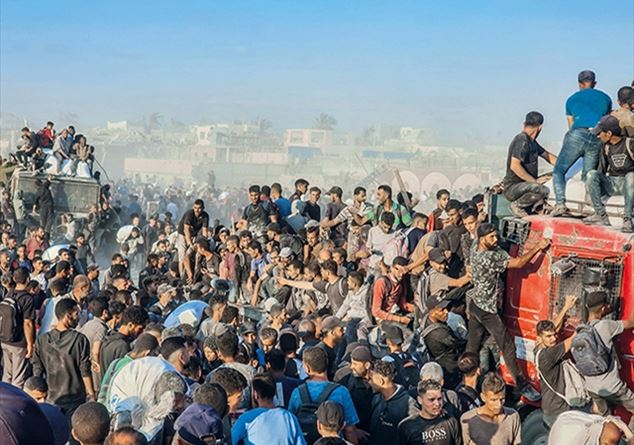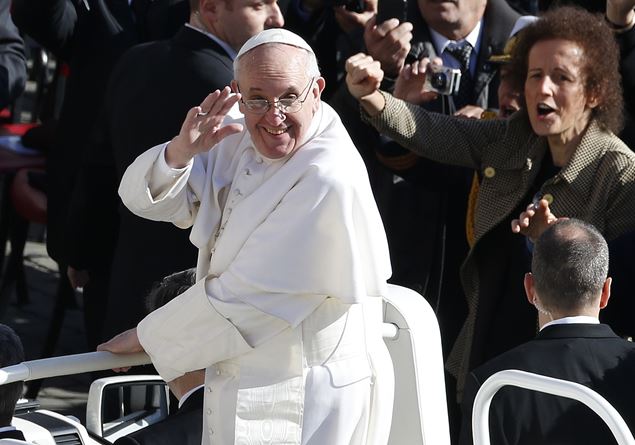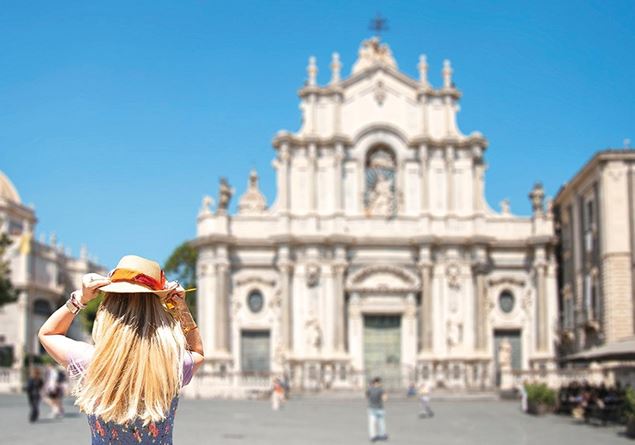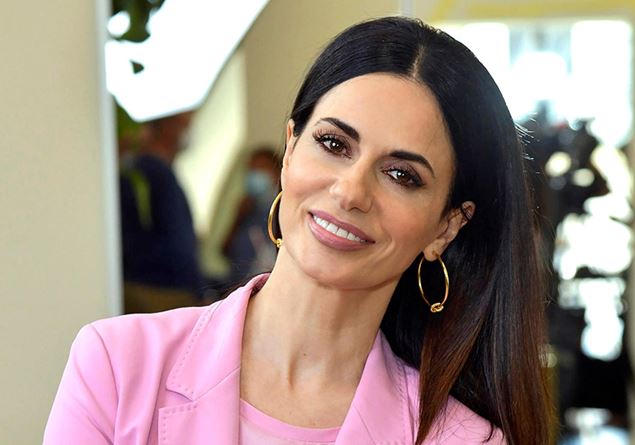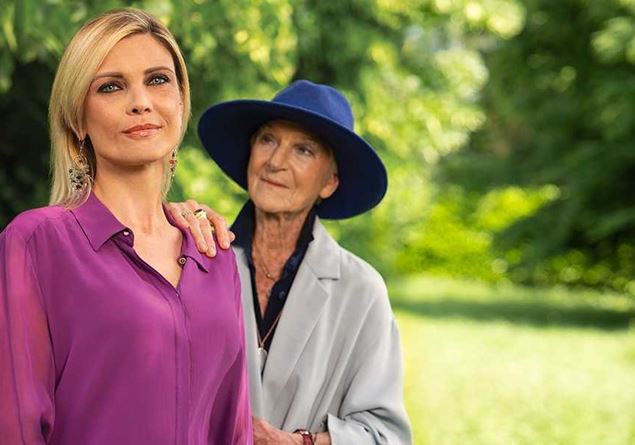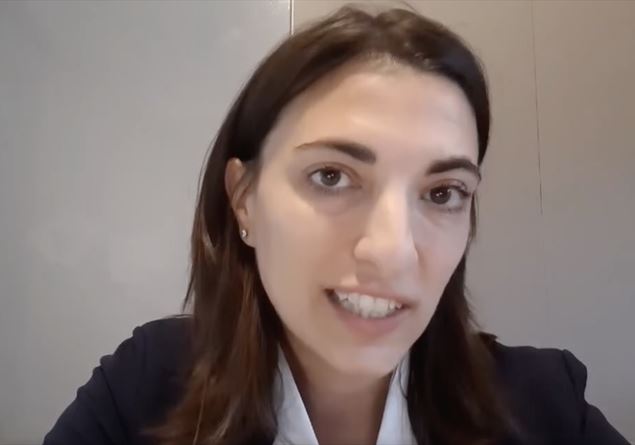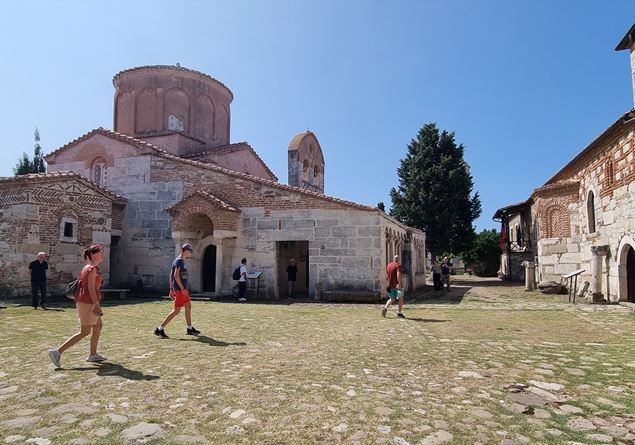In the afternoon, following the provisions of the exequiarum Romani Pontificisis agreement, the Pope will be brought to the chapel of Santa Marta for the assessment of the causes of death. In the evening the official communication should arrive.
Meanwhile, from all over the world, attestations of condolence arrive while in Piazza San Pietro they continue to flow thousands of people to pray for the Pope who has just deceased.
A pope who has conquered believers and non -believers. A “reformist” pope in the sign of attention to the last second according to the beatitudes that he has repeatedly indicated as the compass to follow several times.
Born on December 17, 1936 in Buenos Aires from a family of Italian immigrants, Jorge Mario Bergoglio was the eldest son of five children. His father, Mario, was an employee of the railways, and his mother, Regina yes, was a housewife. Raised in a humble environment, he soon developed an interest in faith and sciences, graduating in chemistry in 1958. At 21, after a serious pneumonia, he decided to enter the Jesuit seminary. In 1958 the novitiate began in the company of Jesus, distinguishing himself for the intellect and spirituality. He studied philosophy and theology, and taught literature and psychology in Chile and Argentina. Ordained priest on 13 December 1969, he continued the spiritual formation in Spain.
In the 70s he became provincial Jesuits in Argentina, guiding the order during the military dictatorship (1976-1983). Although criticized by some for his role in that period, witnesses report his commitment to protect persecuted. In 1992 he was appointed auxiliary bishop of Buenos Aires, becoming Archbishop in 1998. Created Cardinal by John Paul II in 2001, he distinguished himself for his closeness to the poor and criticism of neoliberalism.
On March 13, 2013, after the resignation of Benedict XVI, he was elected Pope, the first Jesuit and first Latin American. He chose the name Francesco, inspired by St. Francis of Assisi to promote humility and care of creation.
Francesco has focused his ministry on social justice, ecology and reform of the Curia. The laudato si ‘(2015) encyclicals and all brothers (2020) deal with environmental crisis and universal fraternity. He established the Commission for the protection of minors and reformed Vatican finance, promoting transparency.
Open to interreligious dialogue, he met Muslim leaders, Jews and Orthodox. While maintaining traditional doctrine on themes such as abortion and gay marriage, it invites has always had an inclusive pastoral approach, recalling several times that in the church there is “place for everyone, all, all,”.
Despite health problems, he continued to travel, even in wheelchairs, intervening on migrations, wars and inequalities. A pontiff who embodied the “revolution of the Gospel” by combining tradition and modernity, insisting on a “outgoing” church, at the service of the last. His emphasis on mercy and full ecology make him a key figure in the global debate.
